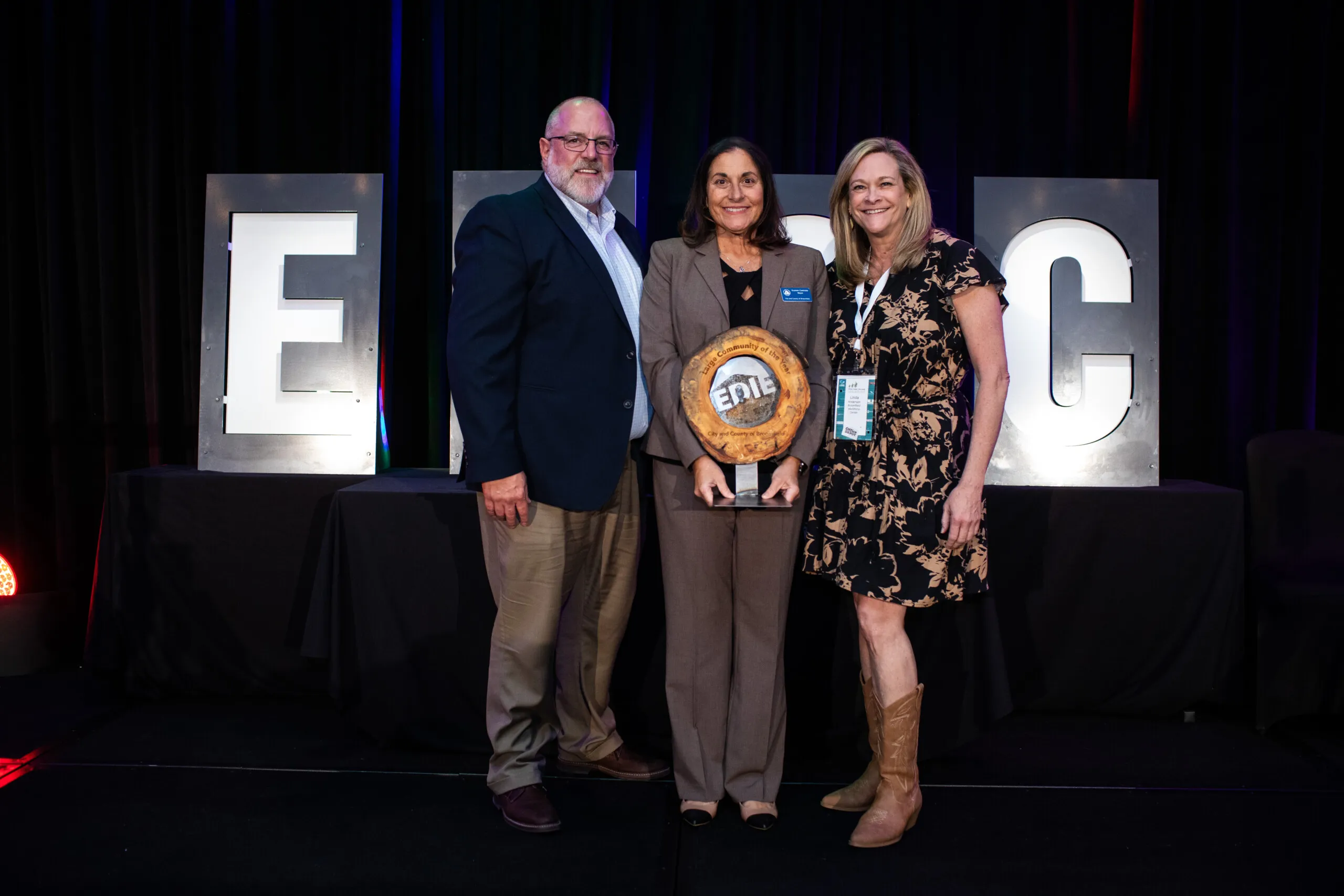CEO Roundtable: Marketing, ad firms grapple with shrinking client budgets, far-flung creative teams
BOULDER — Marketing and advertising firms lean heavily on their creative instincts to help their clients stand out in crowded marketplaces. But how do these firms foster creativity in the current COVID-19 environment that restricts opportunities for collaboration?
That issue and others related to staffing, shrinking clients’ marketing budgets, and the role of advertising in shaping the cultural narrative were those discussed Tuesday by Boulder Valley area industry leaders during BizWest’s virtual Advertising, Marketing and Public Relations CEO Roundtable.
“I’m impressed with how quickly people jumped into being energetic about working remotely,” Vermilion Design + Digital LLC CEO…
THIS ARTICLE IS FOR SUBSCRIBERS ONLY
Continue reading for less than $3 per week!
Get a month of award-winning local business news, trends and insights
Access award-winning content today!





